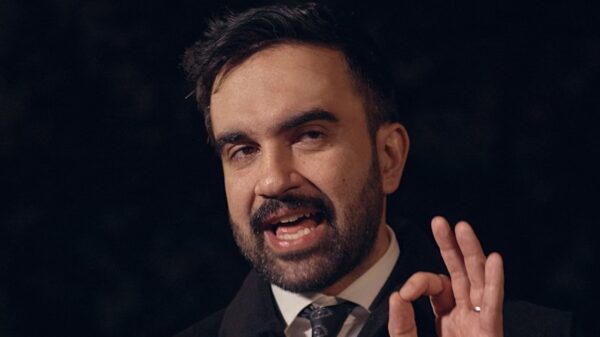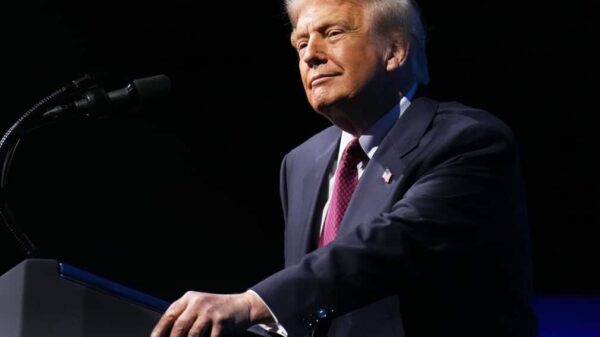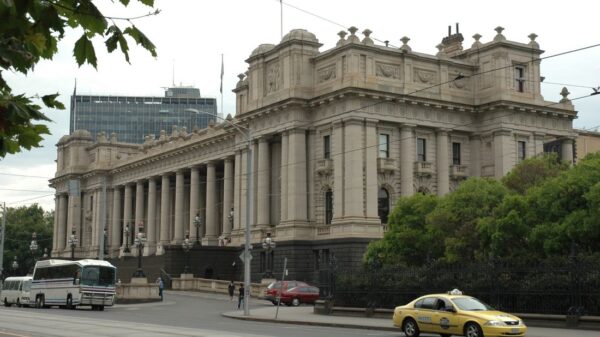UPDATE: Opposition Leader Sussan Ley is under intense scrutiny following her response to last weekend’s anti-immigration protests across Australia. As public sentiment about immigration grows increasingly divisive, Ley’s leadership is facing a critical test just weeks after she vowed to usher in a “new tone” for the Coalition.
The protests, which featured a mix of legitimate concerns and alarming instances of violence, including speeches from known neo-Nazis and chants of “send them back,” have put both Ley and Prime Minister Anthony Albanese in a difficult position. Repeated surveys indicate that many Australians are expressing heightened worries about immigration, making the Coalition’s handling of this issue urgent and pivotal for its future.
In her previous statements, Ley emphasized her commitment to a new approach, asserting that she represents a different leadership style compared to her predecessor Peter Dutton. Ley aims to foster a more inclusive dialogue, as evidenced by her public engagements, including a recent address at the National Press Club, where she notably began with an Acknowledgement of Country.
However, Ley’s ability to navigate this increasingly complex landscape is now being put to the test. Extremism experts warn that far-right groups are attempting to exploit mainstream concerns over immigration to promote their radical agendas, potentially derailing any constructive conversations surrounding the issue. This makes Ley’s leadership not just about politics, but about the safety and cohesion of multicultural communities across Australia.
As the Coalition grapples with this sensitive issue, Ley’s approach will be closely watched by both supporters and critics. She has taken steps to distinguish herself from Dutton, who often made unilateral decisions and maintained a distance from the media. Ley’s strategy appears to prioritize consensus-building and engagement, but she will need to respond effectively to the growing tensions surrounding immigration.
The next few days will be crucial for Ley as she attempts to solidify her leadership and reshape the Coalition’s image in multicultural communities. The outcome of this situation could have lasting implications for the party and its relationship with voters leading into future elections.
As this story develops, observers will be keen to see how Ley balances the need for a strong stance against extremism while also addressing the valid concerns of Australian citizens regarding immigration policies. The Coalition’s ability to unify around this contentious issue could either enhance or further damage its reputation across the nation.


































































